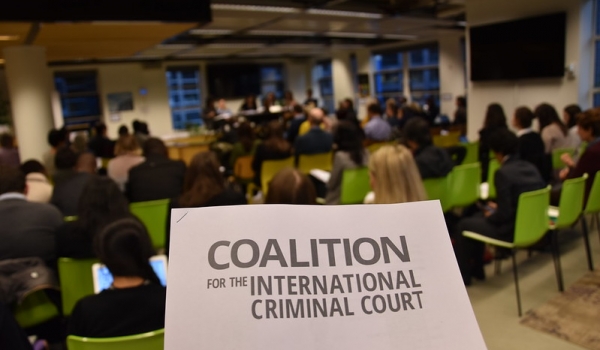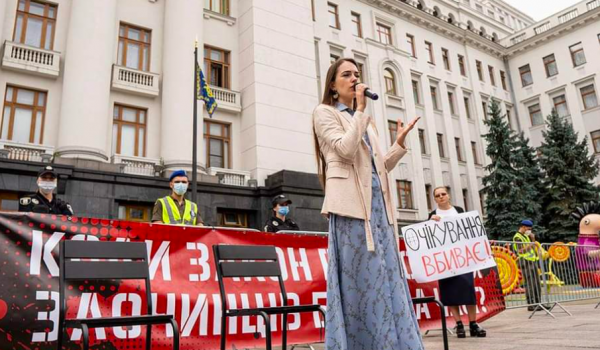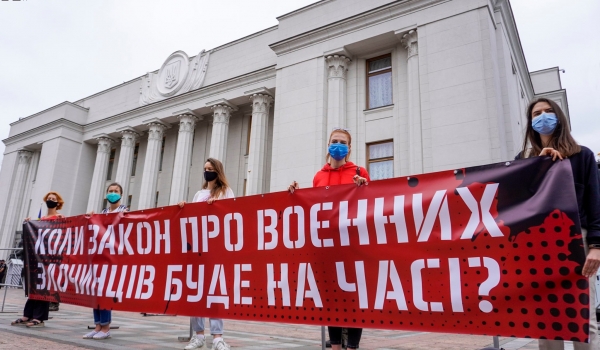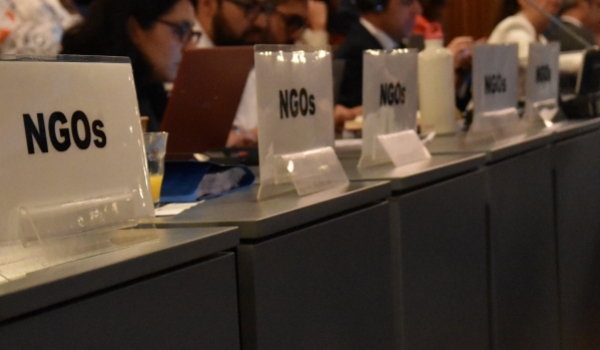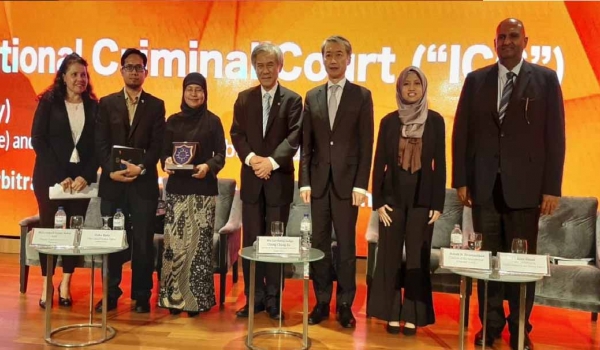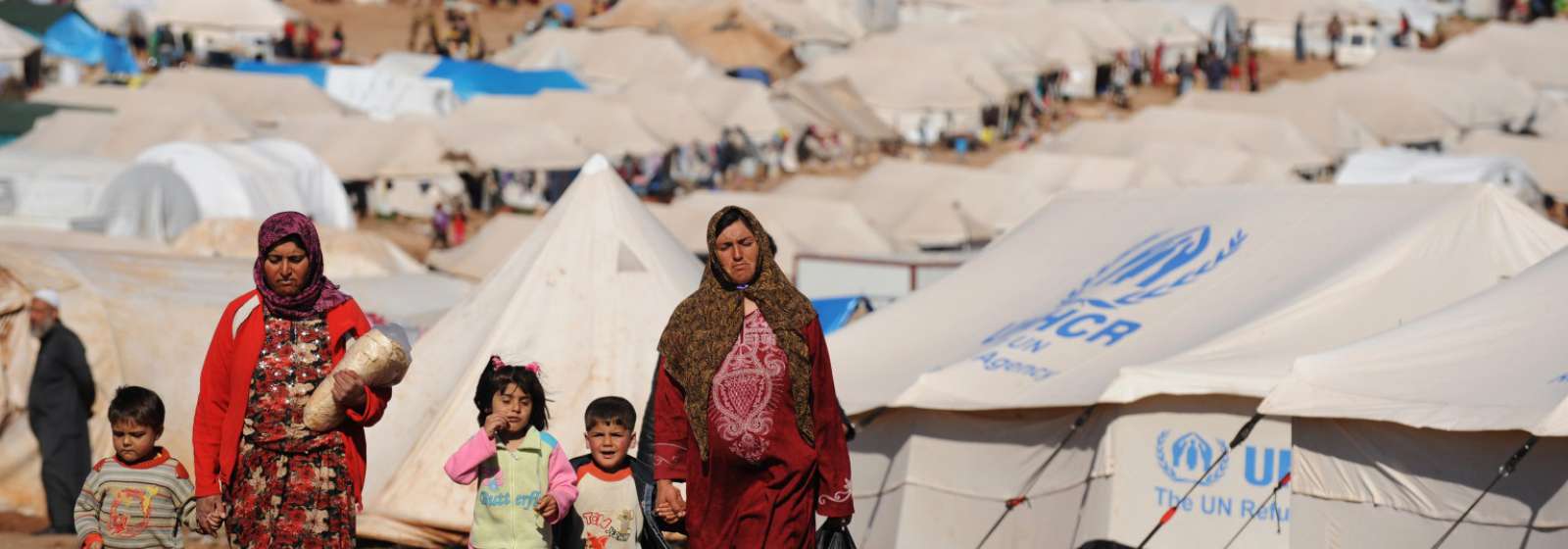
Refugee and displacement crisis
The ICC can strengthen laws that seek to protect the human rights of refugees and the internally displaced.
The UN Refugee Agency (UNHCR) reported that by the end of 2016 there were 65.3 million forcibly displaced people around the world, whether by war, persecution, or natural disaster. Even once outside conflict zones, refugees and internally displaced persons remain vulnerable to international crimes.
As the global refugee crisis continues to unfold, the laws seeking to protect the human rights of displaced persons must continue to strengthen. The ICC will play – and is already playing – a crucial role in this way.
Several ICC situations consider the forcible transfer of populations as a crime, and in 2017, ICC judges began trying former LRA commander Dominic Ongwen for attacks directed against internally displaced persons’ camps in northern Uganda.
As refugees flee their homes in countries where the ICC lacks jurisdiction, for reasons ranging from violence to poverty, more emphasis will fall on ICC member states’ treatment of displaced communities. In issuing judgments that affect refugee and internally displaced communities, the ICC can influence the way both origin and receiving states recognize the human rights of their vulnerable groups.
